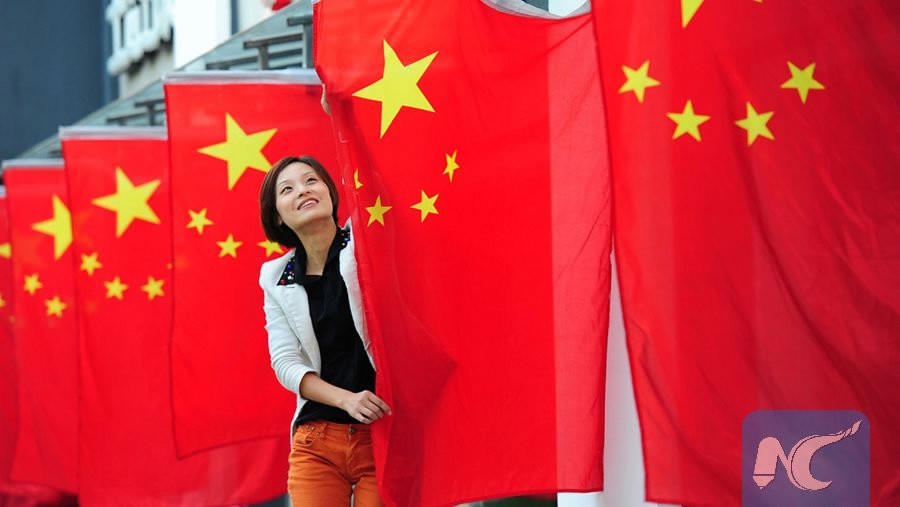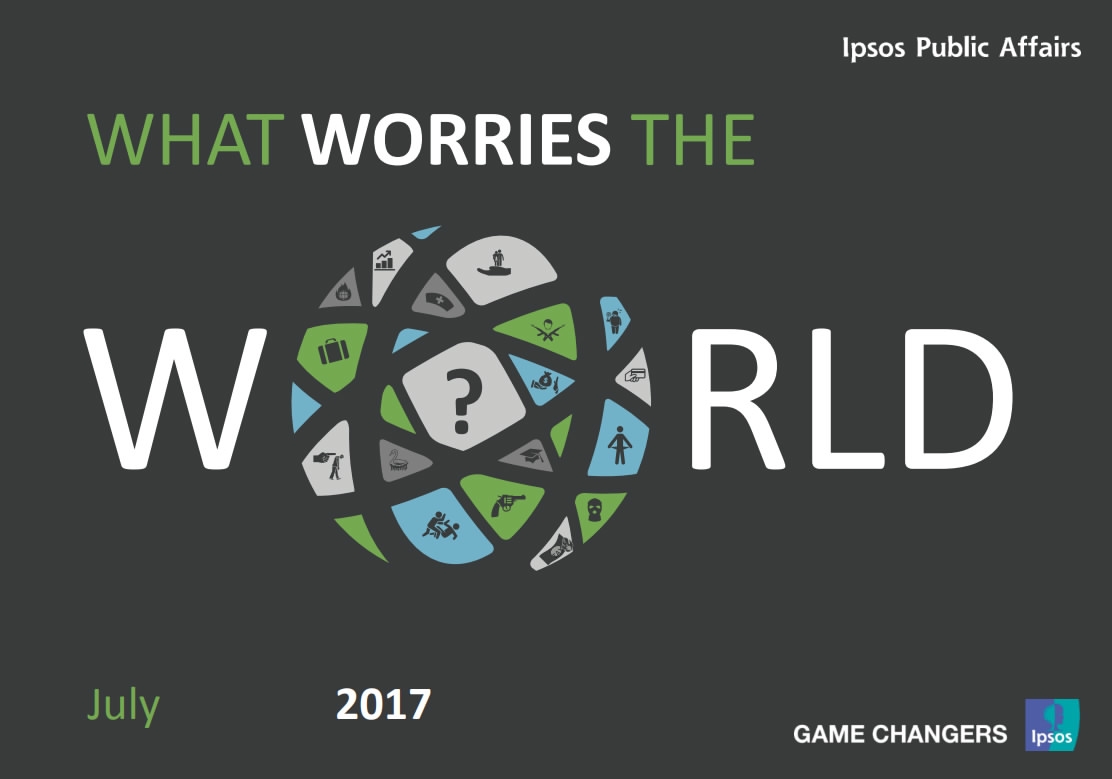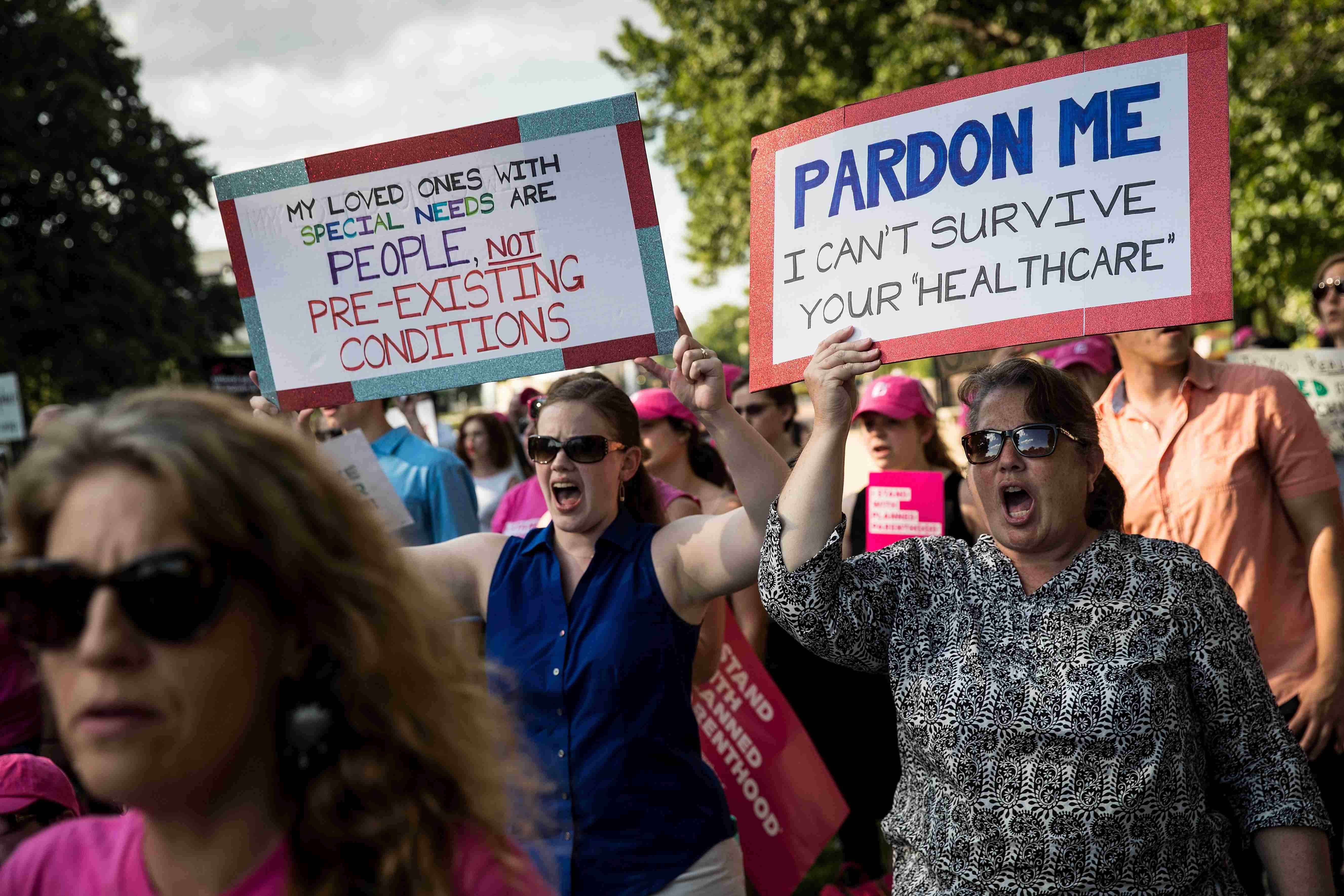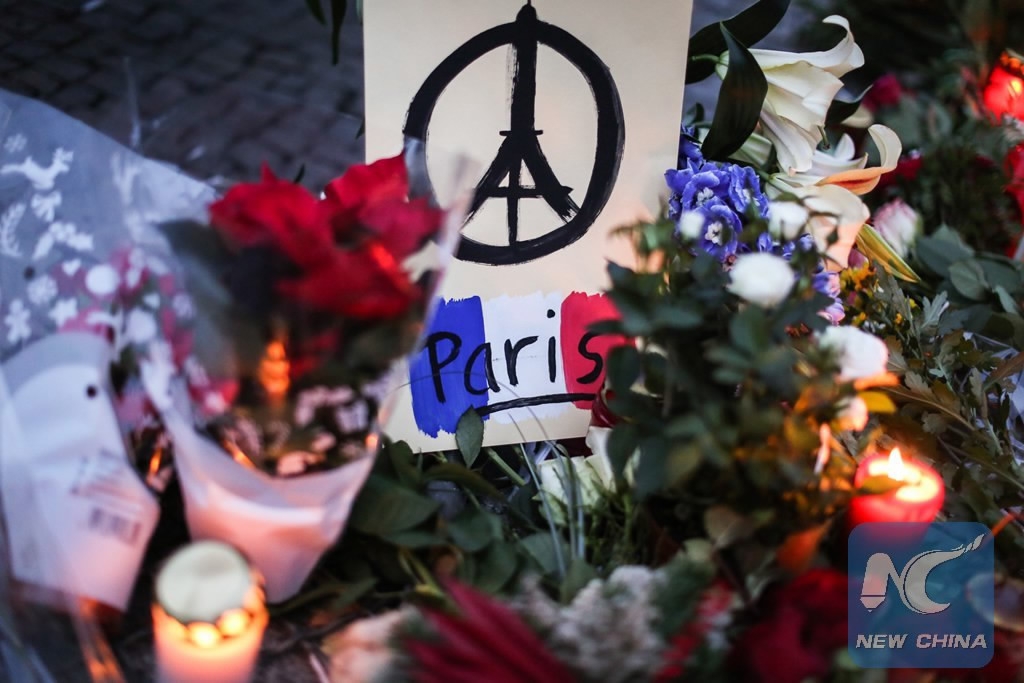
China
18:01, 07-Aug-2017
Poll: Chinese most optimistic about their country in the world

According to a recent poll, China is the most optimistic country in the world.
87 percent of Chinese people believe their country is on the right track.
However, their upbeat mood is not echoed on a global scale as 60 percent of people around the world feel that things in their own countries are heading in the wrong direction, global market research firm Ipsos has found.
The prevailing global outlook seems more pessimistic, with people from only seven of the 26 countries surveyed feeling more optimistic than not about the future of their homelands.

Unemployment is the biggest worry of the world, according to Ipsos.
Unemployment is the biggest worry of the world, according to Ipsos.
The report – entitled "What worries the world?" – is conducted on a monthly basis by Ipsos.
Over 18,000 people aged between 16 and 64 were interviewed between June 23 and July 7. The results, gauging the general mood of people across continents, were published last week.
Pessimism on the rise
Indians seem to be generally cheerful about where their country is heading, with 74 percent feeling things are going in the right direction.
Next up is Saudi Arabia, where 71 percent of respondents say they are optimistic, with chipper South Koreans following closely behind at 66 percent.
By contrast, Western European nations appear united in their pessimism.
Fifty-eight percent of Germans feel their country is on the wrong track, while 65 percent of French people are dissatisfied with the direction of their nation. The figures are even higher in Belgium (66 percent), the UK (72 percent) and Spain (73 percent). Italians seem to be the most melancholic of the bunch, with a whopping 86 percent of those interviewed saying all was not well in the birthplace of Michelangelo, Leonardo da Vinci and the Renaissance.
Crossing the Atlantic, countries in North America show mixed levels of optimism.
Canadians are the most cheery, with 58 percent thinking things are all fine and dandy at home; however, the mood starts to take a turn for the worst south of the border. In the US, people are more negative than positive about the current state of the country (57 percent vs 43 percent), while in Mexico the mood is significantly more somber still. In "The Land of Enchantment", 92 percent of the population is not enchanted by the country's current situation, landing Mexico right at the bottom of the list.
Common concerns
Ipsos also investigated the causes of people's discontent, asking participants to choose from a total of 17 different concerns, ranging from political corruption and social inequality, to climate change, immigration control and child obesity.

Repealing Obamacare has polarized US society, with 39 percent of US citizens chiefly concerned by healthcare. /AFP Photo
Repealing Obamacare has polarized US society, with 39 percent of US citizens chiefly concerned by healthcare. /AFP Photo
The biggest concern in the world, the study found, is unemployment, with 36 percent of respondents choosing it as their main cause for concern. While the figure is down from the 51 percent registered in March 2010, the year Ipsos started the survey, unemployment has maintained its lead as the top global worry ever since.
Corruption came in second, with 34 percent noting that abuse of power is what makes them dissatisfied with their country, followed by poverty levels (33 percent), violence and crime rate (30 percent) and healthcare (23 percent).
Moral decline is the major cause of alarm to Chinese people (47 percent), followed closely by environmental threats (40 percent) and unemployment (32 percent).
China was the only country to have moral decay as its biggest worry, highlighting the persistence of fear in a society that is all too familiar with fraud and money swindling cases, counterfeit goods and food safety scares, and lack of sense of community.
However, results might be skewed, as Ipsos said, "Financial/political corruption, poverty and social inequality, taxes, and rise of extremism were excluded from the list shown to Chinese participants".

Terrorism was the main concern for French people. /Xinhua Photo
Terrorism was the main concern for French people. /Xinhua Photo
In other parts of the world, domestic politics were reflected in the public's everyday concerns.
As US President Donald Trump pushes forward to make good on his campaign promise to repeal the Affordable Care Act, known as Obamacare, at the risk of depriving 32 million Americans from their health insurance by 2026, healthcare tops the list of worries of US participants, followed by terrorism (38 percent) and crime (27 percent).
In Japan, where Prime Minister Shinzo Abe, his wife Akie Abe and some of the members of his cabinet are embroiled in a scandal over a cut-price land deal to build an ultra-nationalist school, political corruption is the second cause of headache (29 percent) to the nation.
In Spain, unemployment still grips the minds of 65 percent of its nationals, despite the country's economy being set to return to pre-crisis levels. Elsewhere, French people worry most about terrorism (45 percent) and immigration control (23 percent), as the country, under a state of emergency since November 2015, still reels from a string of tragic terrorist attacks, which were carried out by Europeans of Arab or north African descent.

SITEMAP
Copyright © 2018 CGTN. Beijing ICP prepared NO.16065310-3
Copyright © 2018 CGTN. Beijing ICP prepared NO.16065310-3